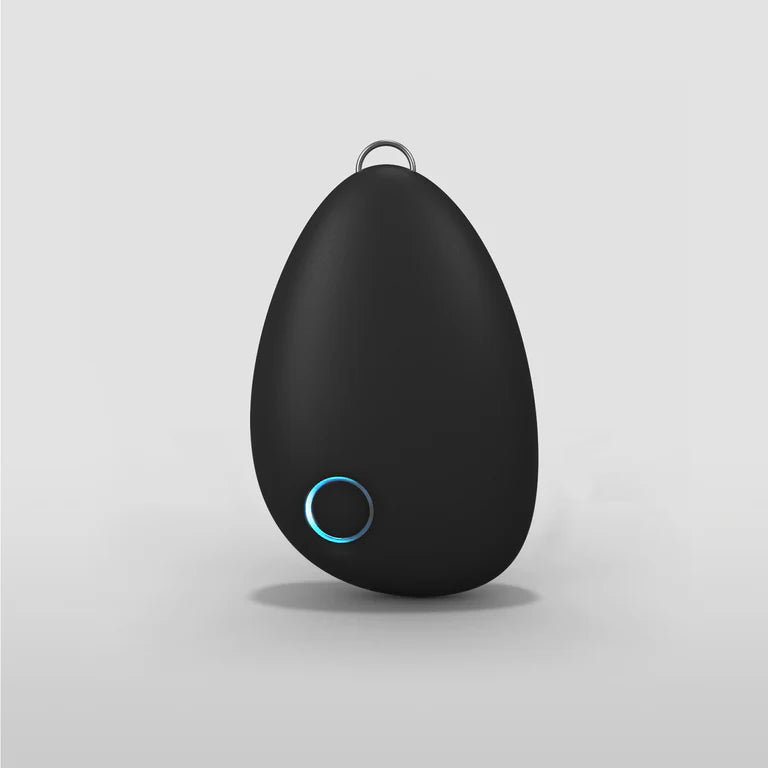Despite its importance, many people struggle to get sufficient, high-quality sleep. Two common culprits that disrupt sleep patterns are caffeine and alcohol. Understanding how these substances affect sleep can help you make better choices.

How Omega-3 Fish Oils Can Help You Sleep Better
Sleep is essential for good health. It affects your brain, immune system, and overall well-being. Many things can influence sleep, and recent studies show that omega-3 fish oils may help.
These healthy fats, found in fish like salmon, mackerel, and sardines, play important roles in the body, including helping regulate sleep. Here’s how omega-3s can improve sleep.
-
Omega-3s and Melatonin Production
Melatonin is the hormone that controls your sleep-wake cycle. Research in the Journal of Pineal Research (1) found that omega-3s, especially DHA, can increase melatonin levels. Higher melatonin helps you fall asleep faster and stay asleep longer.
-
Reducing Inflammation for Better Sleep
Chronic inflammation can make it hard to sleep. Omega-3 fish oils have strong anti-inflammatory effects. A study in the American Journal of Clinical Nutrition (2) showed that omega-3s lower inflammation markers in the body. Less inflammation can reduce problems like sleep apnea or restless leg syndrome, helping you sleep more soundly.
-
Omega-3s and Stress Relief
Stress and anxiety often cause poor sleep. Research in Brain, Behaviour, and Immunity (3) showed that omega-3 supplements lowered anxiety in medical students during exams. Feeling calmer can obviously make it easier to relax and get good sleep.
-
Improving Sleep Duration and Efficiency
Sleep efficiency measures how much time in bed is actually spent asleep. A study in the Journal of Sleep Research (4) found that children who took omega-3 supplements slept longer and had better sleep quality than those who didn’t. Omega-3s may help you get more restorative sleep.
-
Supporting Mood for Better Sleep
Mood disorders like depression can affect sleep. Omega-3s have been shown to improve mood and reduce depression symptoms. A review in Translational Psychiatry (5) confirmed that omega-3 supplements can help with depressive symptoms. Better mood can lead to fewer sleep problems.
-
Supporting Brain Health
Healthy brain function is important for regular sleep patterns. Omega-3s support brain cells and brain health. Research in the Journal of Clinical Lipidology (6) showed that higher DHA levels are linked to better brain function and lower risk of cognitive decline. A healthy brain helps regulate sleep patterns and quality.
Omega-3 fish oils can help improve sleep in many ways: boosting melatonin, reducing inflammation, lowering stress, improving mood, and supporting brain health. Eating fatty fish or taking a high-quality omega-3 supplement can be a simple step to better sleep.
References
- Peuhkuri, K., Sihvola, N., & Korpela, R. (2012). Dietary factors and fluctuating levels of melatonin. Journal of Pineal Research, 52(4), 423-434. doi:10.1111/j.1600-079X.2011.00954.
- Calder, P. C. (2006). n-3 polyunsaturated fatty acids, inflammation, and inflammatory diseases. American Journal of Clinical Nutrition, 83(6 Suppl), 1505S-1519S. doi:10.1093/ajcn/83.6.1505S
- Kiecolt-Glaser, J. K., Belury, M. A., Andridge, R., Malarkey, W. B., & Glaser, R. (2011). Omega-3 supplementation lowers inflammation and anxiety in medical students: a randomized controlled trial. Brain, Behavior, and Immunity, 25(8), 1725-1734. doi:10.1016/j.bbi.2011.07.229
- Montgomery, P., Burton, J. R., Sewell, R. P., Spreckelsen, T. F., & Richardson, A. J. (2014). Fatty acids and sleep in UK children: subjective and pilot objective sleep results from the DOLAB study – a randomized controlled trial. Journal of Sleep Research, 23(4), 364-388. doi:10.1111/jsr.12143
- Grosso, G., Pajak, A., Marventano, S., Castellano, S., Galvano, F., Bucolo, C., Drago, F., & Caraci, F. (2014). Role of omega-3 fatty acids in the treatment of depressive disorders: a comprehensive meta-analysis of randomized clinical trials. https://journals.plos.org/plosone/article?id=10.1371/journal.pone.0096905
- Yurko-Mauro, K., McCarthy, D., Rom, D., Nelson, E. B., Ryan, A. S., Blackwell, A., & Salem, N. (2010). Beneficial effects of docosahexaenoic acid on cognition in age-related cognitive decline. https://doi.org/10.1016/j.jalz.2010.01.013
While many factors contribute to sleep quality, recent research has highlighted the potential benefits of omega-3 fish oils. These essential fatty acids play a significant role in various bodily functions, including sleep regulation.
Read More
Related Products
- Regular Price
- $421.52
- Sale Price
- $421.52
- Regular Price
-
$479.00
- Unit Price
- per

















